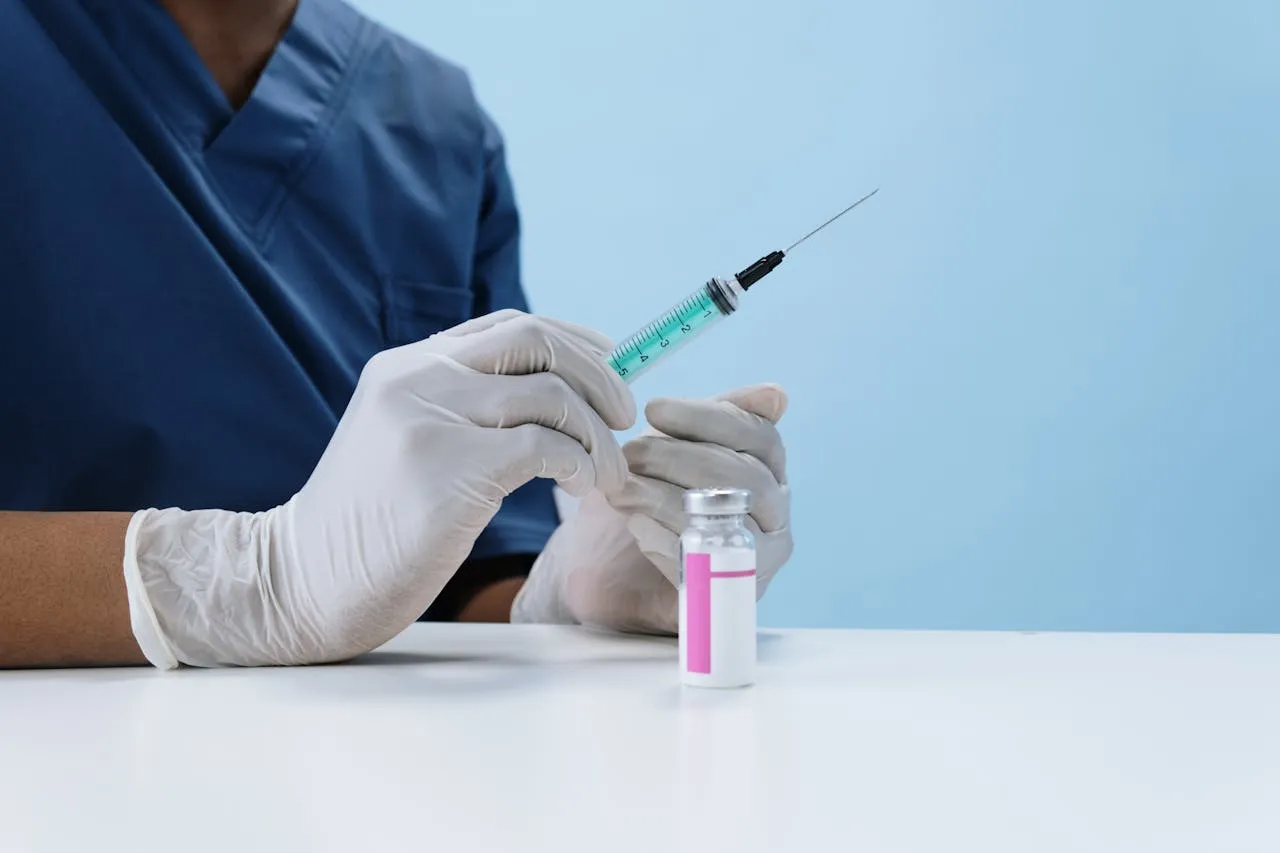
Glass Lewis Endorses Sinovac’s Current Board, Urges Shareholders to Reject Former Directors’ Takeover Attempt
Sinovac Biotech Ltd., a leading Chinese biopharmaceutical company, announced today that Glass Lewis, a top independent corporate governance advisory firm, has recommended that shareholders vote in favor of the current Board of Directors at the company’s upcoming Special Meeting. Glass Lewis advised a “No” vote on proposals to reinstate former board members, referring to them as “imposters” and expressing concerns about their past governance failures.
The Special Meeting of Shareholders is scheduled for 8:00 a.m. CST on July 9, 2025 (8:00 p.m. AST on July 8, 2025). Sinovac has called on shareholders to support the current leadership team using the white proxy card. Institutional investors, who typically rely on third-party recommendations like those of Glass Lewis to fulfill their fiduciary duties, are expected to take this endorsement seriously.
Restoring Fairness and Creating Value
Dr. Jiaqiang Li, Chairman of Sinovac Biotech Holdings, welcomed the endorsement. “We are pleased with Glass Lewis’ strong conclusion that retaining the current Board is in the best interest of shareholders,” said Dr. Li. He cited significant progress made over the past four months, including the announcement of a special cash dividend of $55.00 per common share, while maintaining enough liquidity to fund long-term investments and innovation.
The current board also plans to expand its composition, bringing in new independent directors and members of the company’s management team. An annual general meeting is being planned for the second quarter of 2026, aimed at initiating a new phase of governance and sustainable growth.
Glass Lewis’ Key Argument
In its detailed assessment, Glass Lewis outlined a number of critical points in support of Sinovac’s existing board. The advisory firm took particular aim at the prior board—led by parties including Prime Capital, Vivo Capital, SAIF Partners, and other members of a previously attempted acquisition consortium—highlighting a history of actions that allegedly undermined shareholder interests.
1. Illegitimate Private Placement
In 2018, the previous board approved a private placement of shares at below-market prices to investors who were already part of the acquisition consortium, despite the company having no immediate capital need. This move caused severe dilution of other shareholders’ stakes and sparked a long-running legal dispute. Glass Lewis emphasized that the transaction was later deemed invalid by the Privy Council.
2. Governance Failures and Nasdaq Suspension
Glass Lewis strongly criticized the former board for implementing a poison pill strategy that led to the suspension of Sinovac’s shares from trading on Nasdaq in 2019. This deprived shareholders of the opportunity to benefit from the company’s peak valuation during the COVID-19 pandemic, when its market value soared.
3. Lack of Transparency and Auditor Resignations
The former board also faced allegations of severe governance lapses, culminating in the resignation of three auditors over a span of seven years. Glass Lewis acknowledged that these problems forced the current board to undertake difficult remediation measures in order to restore regulatory compliance and work toward relisting on Nasdaq.
Endorsement of New Leadership Strategy
Glass Lewis gave the current board high marks for restoring governance stability, implementing a clear dividend policy, and proposing a substantial capital return aligned with Sinovac’s strong balance sheet. The report concluded that the new leadership’s strategy was coherent, transparent, and better aligned with the interests of all shareholders.
“We believe the current Board of Directors has made credible progress in restoring governance stability and operational normalization,” the firm wrote. “In contrast, the dissenting shareholders and investors have failed to present a detailed or consistent alternative proposal for the return of capital.”
Liquidity and Dividend Commitments
The advisory report pointed out that Sinovac possesses ample liquidity far exceeding its daily operational needs, validating the company’s decision to return capital to shareholders while retaining billions in working capital.
Glass Lewis also called out the former board’s reluctance to commit to shareholder returns, noting that it publicly deprioritized dividends and failed to make progress even after litigation and regulatory hurdles were resolved.
“The inconsistent criticism of the dividend—first too little, now too much—shows the dissenting investors are more motivated by convenience than long-term value creation.”
Skepticism Toward Dissenting Shareholders’ Claims
In addressing the dissenting investors’ PIPE share issuance and subsequent legal battles, Glass Lewis firmly sided with Sinovac, highlighting:
- The financing proceeds were never used.
- The issuance was approved by a board later declared illegal.
- The transaction led to unnecessary dilution, undermining shareholder value.
The advisory firm also questioned the close alignment between SAIF Partners—a non-shareholder—and the dissenting investors, implying that historical self-dealing relationships might explain their motives.
“The private placement was unnecessary at best and harmful to shareholders at worst.”
Urging Shareholders to Vote “No
Sinovac’s Board of Directors characterized the attempted return of the former board as a power grab by parties with a documented history of poor governance and self-interest. The company urged shareholders to protect their investments and vote “No” on Proposals 1 and 2.
“The goal of the dissenting shareholders is clear: to restore a board that neglected its duties and colluded for profit,” the company said in a statement. “We urge all shareholders to exercise their rights and vote on the white proxy card to safeguard Sinovac’s future.”





